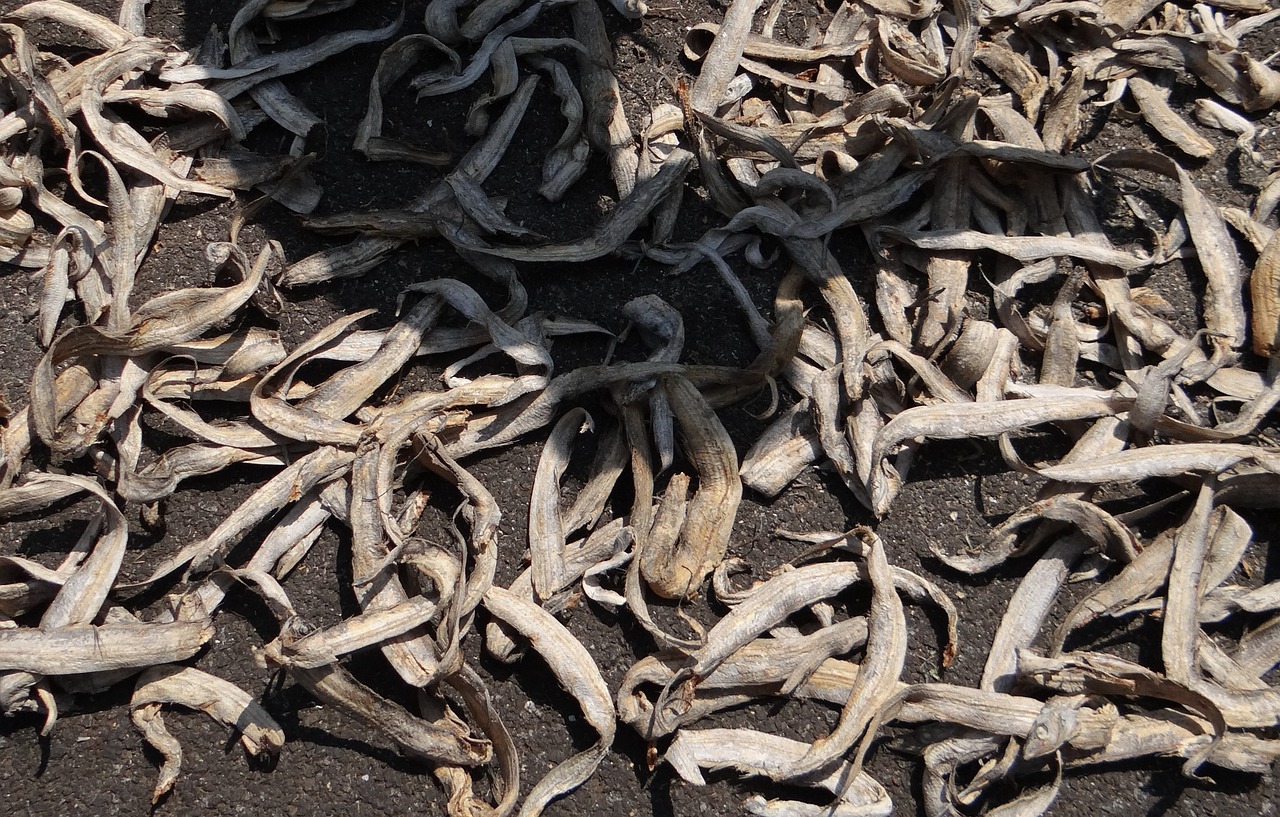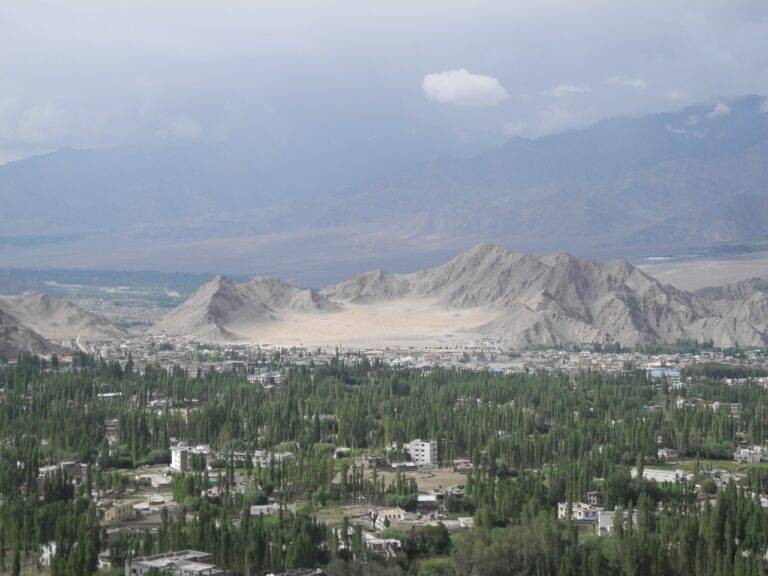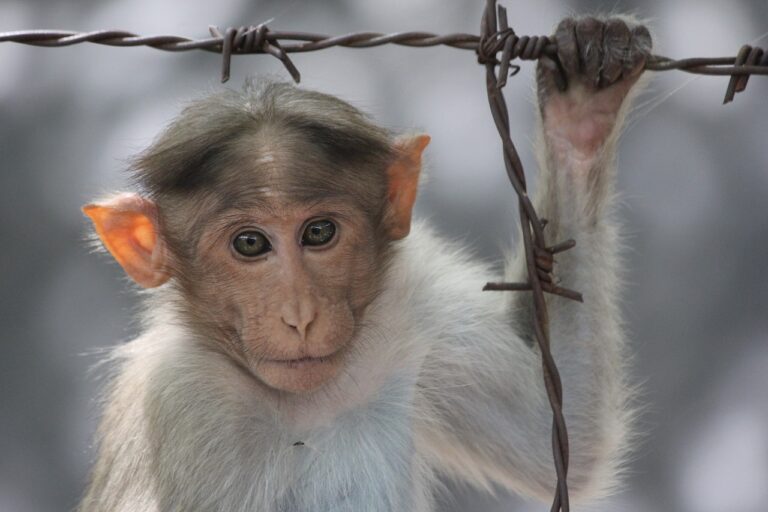Exploring the Influence of Political Dynasties on Democratic Processes: Cricbet99, Sky99exch, Reddy club book
cricbet99, sky99exch, reddy club book: Exploring the Influence of Political Dynasties on Democratic Processes
Political dynasties have long been a contentious issue in democratic societies worldwide. These family-based political systems often involve a single family maintaining power and influence over multiple generations. While some argue that political dynasties bring stability and experience to the political landscape, others criticize them for stifling competition and perpetuating inequality. In this blog post, we will delve into the influence of political dynasties on democratic processes, examining their impact on governance, representation, and political participation.
The Power of Name Recognition
One of the primary advantages of political dynasties is the power of name recognition. Family members of established political figures often benefit from the reputation and network built by their predecessors. This can give them a significant advantage in elections, making it challenging for newcomers to compete on a level playing field. As a result, political dynasties can limit the diversity of candidates and stifle political competition.
Influence on Decision-Making
Political dynasties can also have a significant impact on decision-making processes within governments. Family members may prioritize the interests of their own dynasty over the needs of the broader population, leading to policies that benefit a select few at the expense of the majority. This can erode trust in democratic institutions and undermine the principles of accountability and transparency.
Lack of Representation
One of the most significant criticisms of political dynasties is their potential to limit the representation of marginalized groups in government. When power is concentrated within a single family or a small group of families, it can be challenging for individuals from underrepresented communities to access positions of influence and advocate for their interests. This lack of diversity can weaken democratic processes and perpetuate inequality within society.
Impact on Political Participation
Political dynasties can also have a profound impact on political participation. When voters perceive that elections are predetermined or that their voices will not be heard, they may become disillusioned with the democratic process and choose not to participate. This can lead to lower voter turnout rates and a weakening of democratic institutions, as citizens disengage from the political system.
FAQs:
1. Are political dynasties unique to certain countries?
Political dynasties exist in various countries around the world, although their prevalence and influence may vary depending on the political context.
2. Can political dynasties be beneficial for governance?
While some argue that political dynasties bring stability and continuity to governance, others believe that they can undermine democratic principles and limit political competition.
3. What can be done to address the influence of political dynasties?
One approach to addressing the influence of political dynasties is to implement campaign finance reforms and promote greater transparency in the political process. Additionally, supporting diverse candidates and encouraging political participation can help counteract the influence of entrenched political families.
In conclusion, political dynasties can have a significant impact on democratic processes, shaping governance, representation, and political participation. By understanding the influence of political dynasties and working to promote inclusivity and transparency in the political landscape, we can strengthen democratic institutions and ensure that all voices are heard in the decision-making process.







